
Obviously all religious music will occupy itself with words appropriated from scripture or at least in some way grounded in scripture. Whether using the words of a psalm, or composed as a sort of ‘poetic meditation’ on this or that passage in scripture, all religious music, Christian Rock, traditional hymns, modern strophic and non-strophic music base themselves on the words of Sacred Scripture.
And so I think it is fair to call all this music, music that includes the words of scripture or at least sentiments that root themselves in scripture, “religious music.”
Often it is this requirement alone that appears to be enough for many with regard to what makes music religious or not. If the music includes words that are spiritual or scripture-based then it is religious music and therefore qualifies for use at liturgical functions and even Mass.
Church organists and music directors are well acquainted with the struggle to maintain some kind of standard for music at weddings and funerals. It is not uncommon for organists to receive requests like Maria (AKA How do You Solve a Problem like Maria?) from the 1965 Rodgers and Hammerstein film musical hit The Sound of Music. Or Frank Sinatra’s My Way at a special beloved’s funeral.
In order to re-direct these kinds of songs to perhaps the receptions following such liturgies, the church organist can always fall back on the simple rule that any music played at Mass must at least be based on Holy Scripture. As disappointed as the bride and groom or a grieving family might be, at least this standard is understandable to most.
But we also need to make a distinction between religious music and sacred music.
Let us stipulate that sacred music, and not just religious music, ought to be the norm at sacred functions such as the Holy Sacrifice of the Mass. Does that sound reasonable? There is a time and place for every good thing but one of the important tricks in life is to get the time and place right!
So where do we turn for our understanding of what sacred music is? Well, quite obviously to that papal champion of sacred music – none other than Saint Pope Pius X!
As an interesting aside – a thought that that I think is original to me! – PPX penned his great Motu Proprio on sacred music that most assuredly has the most lyrical, the most musical sounding title…Tra le sollecitudini!
Isn’t that the perfect title of a papal instruction on sacred music?! Reminiscent of a Verdi opera?
As we were saying let us reserve the name sacred music (i.e. “”Musica Sacra”) for that special music which the church itself appears to propose as set forth in this marvelous motu proprio!
In Tra le sollecitudini, Pope Pius XI says that sacred music is distinguished by three marks (which for those of you who hate reading long passages – I have kindly emboldened the relevant parts):
Sacred music should consequently possess, in the highest degree, the qualities proper to the liturgy, and in particular sanctity and goodness of form, which will spontaneously produce the final quality of universality.
It must be holy, and must, therefore, exclude all profanity not only in itself, but in the manner in which it is presented by those who execute it.
It must be true art, for otherwise it will be impossible for it to exercise on the minds of those who listen to it that efficacy which the Church aims at obtaining in admitting into her liturgy the art of musical sounds.
But it must, at the same time, be universal in the sense that while every nation is permitted to admit into its ecclesiastical compositions those special forms which may be said to constitute its native music, still these forms must be subordinated in such a manner to the general characteristics of sacred music that nobody of any nation may receive an impression other than good on hearing them.
And where are these three qualities to be found?
These qualities are to be found, in the highest degree, in Gregorian Chant, which is, consequently the Chant proper to the Roman Church, the only chant she has inherited from the ancient fathers, which she has jealously guarded for centuries in her liturgical codices, which she directly proposes to the faithful as her own, which she prescribes exclusively for some parts of the liturgy, and which the most recent studies have so happily restored to their integrity and purity.
Whoa! Now that is impressive. But wait there’s more!
“On these grounds Gregorian Chant has always been regarded as the supreme model for sacred music…”
As if that is not enough, PPX sets forth the sacred music litmus test!
…it is fully legitimate to lay down the following rule: the more closely a composition for church approaches in its movement, inspiration and savor the Gregorian form, the more sacred and liturgical it becomes; and the more out of harmony it is with that supreme model, the less worthy it is of the temple.
Sacred Music?
Something a little less like this:
And a little more like this!


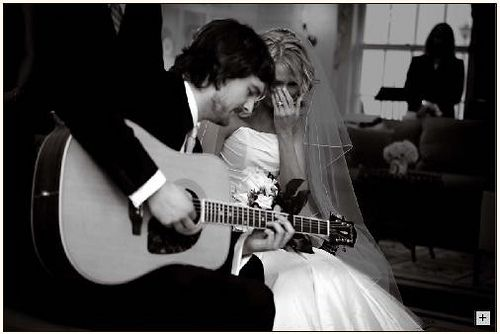

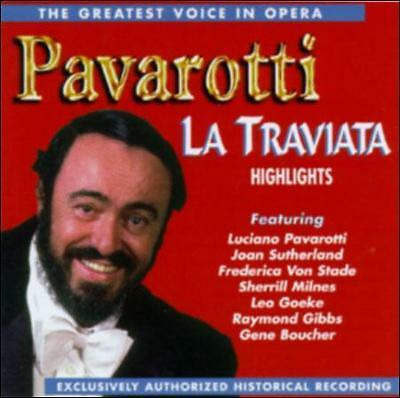
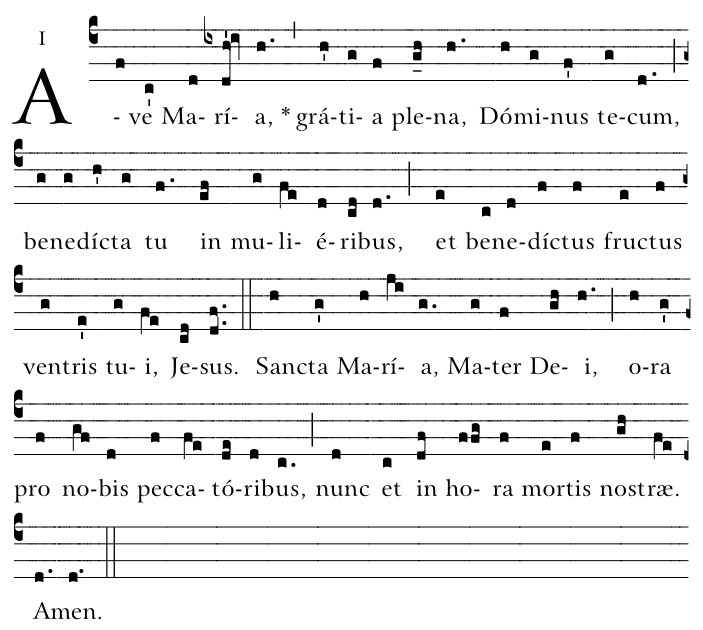


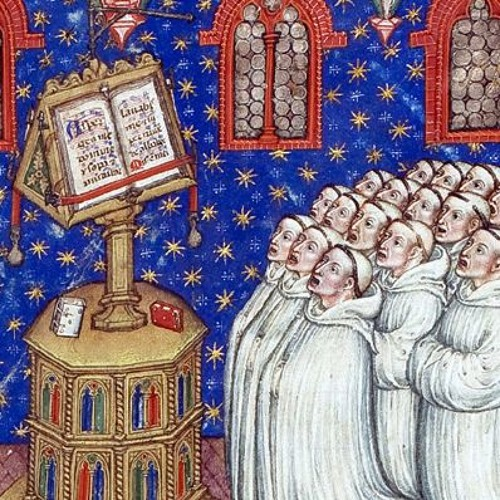

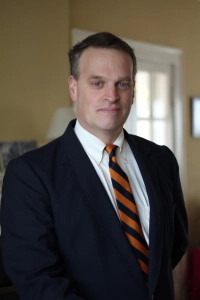


Thanks for this article. I like to go to adoration of the Blessed Sacrament at a nearby church, and usually it is a good place to adore Christ in the Holy Eucharist, but last time, a nice fellow brought his guitar and sang for about an hour to entertain the adorers. He had a tuneful voice, a little like John Denver and could play the guitar quite well. He sang some traditional hymns and some charismatic pieces. It was an enjoyable performance–like a religious coffee house. I felt like clapping after each piece. I kept thinking during the performance “this guy is great, he has talent! he should be performing in Nashville!” I don’t know what anyone else thought, but the only thing there wasn’t time to think about was the Holy Eucharist, silently exposed on the altar.
Very sad that well-meaning people can so easily take away from worship and adoration! (Been there, done that)
This is so sad yet so common in Novus Ordo churches where often good-hearted, but spiritually blind people try to “help” people worship and adore Jesus, yet do quite the opposite. (Been there, done that.)
A blessed share and selection.
There is a sort of dark irony in requesting “My Way” at a funeral Mass. My father is fond of calling it the “national anthem” of Hell.
Maybe “My Way” could be followed up with “Down, Down, to Goblin Town”, from the Rankin/Bass production of The Hobbit.
I remember Father Larrh Richard’s said that “I did it my way” was Satan’s theme song. 🙂
Much of the ‘religious’ music is HUGELY superior and than the OSV/Catholic ‘approved’ crap that just serves as social justice background music…rarely mentions God, holiness or anything like that…it’s all about US and how WE are so GREAT for/to each other. Makes me gag.
I’ll put Rachmaninoff’s LITURGY OF ST. JOHN CHRYSOSTOM against Gregorian Chant any day, not that it is practical in its entirety. We need to bear in mind that Latin is not the One Universal Language That God Demands In All Worship(TM). It is central to the LATIN RITE, but only to the Latin Rite. The same, I would dare to suggest, is true of Gregorian Chant.
As for questions of art, it is clear that God does not grant infallibly good taste to Popes. Gregorian Chant has a venerable history, like the collar of a priest; but neither is Apostolic in origin and neither is universal in application.
We really need to avoid adopting positions parallel to the Protestants who seem to believe the original Greek text of the New Testament was just a placeholder until God gave us the King James Bible.
I am chuckling especially at your last remark about the special sympathy that Protestants have for the King James Bible. Thank you!
Meanwhile, having gained a new respect, from my experience over the last decade, for the Liturgy of St. John Chrysostom, (and certainly not wishing to offend my Byzantine Rite friends belonging to the Eparchy of Parma!) I do wonder if it is possible to compare the various liturgies belonging to the various rites of the Catholic Church in terms of their respective appeal to human nature as such. What I mean is – is it a fair question to ask “Can one liturgy (i.e. one belonging to this or that specific rite) be more proportioned to human nature than another?” I don’t mean to suggest that there should only be one rite- or that even if the liturgy of one rite is more universal than another- that it should therefore be adopted by everyone everywhere.
For example- could it be that Pope Pius X grasped that Gregorian Chant has a certain perfection for liturgical worship that cannot be surpassed (hence he proposes it as a model) yet, on the other hand, by no means does he propose that because it is a paradigm, that therefore it should trump or replace the ancient liturgical customs of other Catholic Rites and liturgies- which for myriad reasons have a fitting a proper place in the church.
Having spent a good deal of time in the 1970s and 1980s playing less-than-appropriate songs at liturgies, I find myself somewhat embarrassed and more than a little ashamed looking back. I also find myself wishing we had a tradition of enjoying non-liturgical Catholic-themed music. And so, I started writing songs about being Catholic. If anyone is interested, please stop by at: https://soundcloud.com/jamestheleast
Imagine someone whisked from 15th century Polynesia (so he would have no understanding of European languages or European music history) and asked to identify which music was holiest: Deum Verum, O Fortuna, Rule Britannia, Georgia on My Mind, Undun, Blue Prairie, and The Girl I Left Behind Me. Am I really supposed to pretend that he would CERTAINLY say Deum Verum is the song that is holiest, because there is something objectively holy about the music itself? I suspect he would be entirely confused, and his answer would be utterly unpredictable.
We are not 15th-century Polynesians. We can see the lyrics and understand them — at least, well enough. We know that our brothers have sung Gregorian Chant for a thousand years.
A man should love his home because it is his home, not because it is the biggest house in the county; he should love his father because his father is his father, not because his father can beat up any man in town. The Latin Rite should honor Gregorian Chant because it is a living connection to countless past generations of Latin Rite Catholics.
Judged purely by its artistic merits, Gregorian Chant comes across as rather threadbare. It has a tendency to SOUND like a huge, cold, empty, stone church building, rather than like thousands of archangels and hosts of angels, the Cherubim and the Seraphim, six- winged, many-eyed, who soar aloft, borne on their pinions singing the triumphant hymn, shouting, proclaiming and saying: Holy! Holy! Holy! Lord of Sabaoth!
Gregorian Chant was meant to be sung inside “a huge, cold, empty, stone church,” where it reverberated as the monks processed around the ambulatory and created a type of quadraphonic effect. As it was originally experienced, it did not sound as hollow as we hear it now.
One of the main criteria of sacred (or at least liturgical) music, I think, is that is should not draw attention to itself. It should never be misconstrued as a performance. This is why the Church has never permitted the great “Masses” of the classical composers to be used in the Mass.